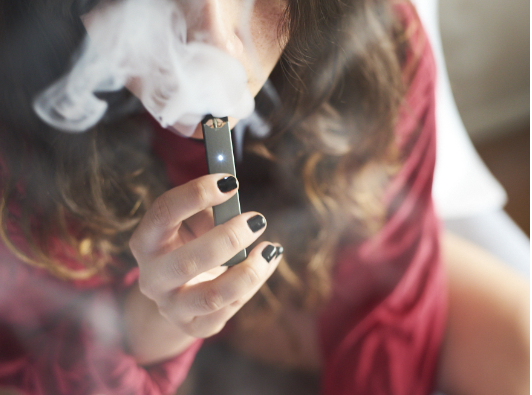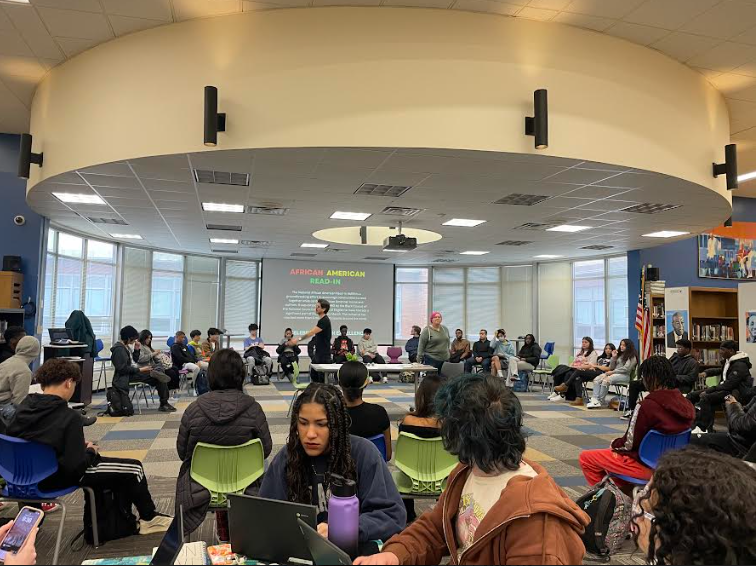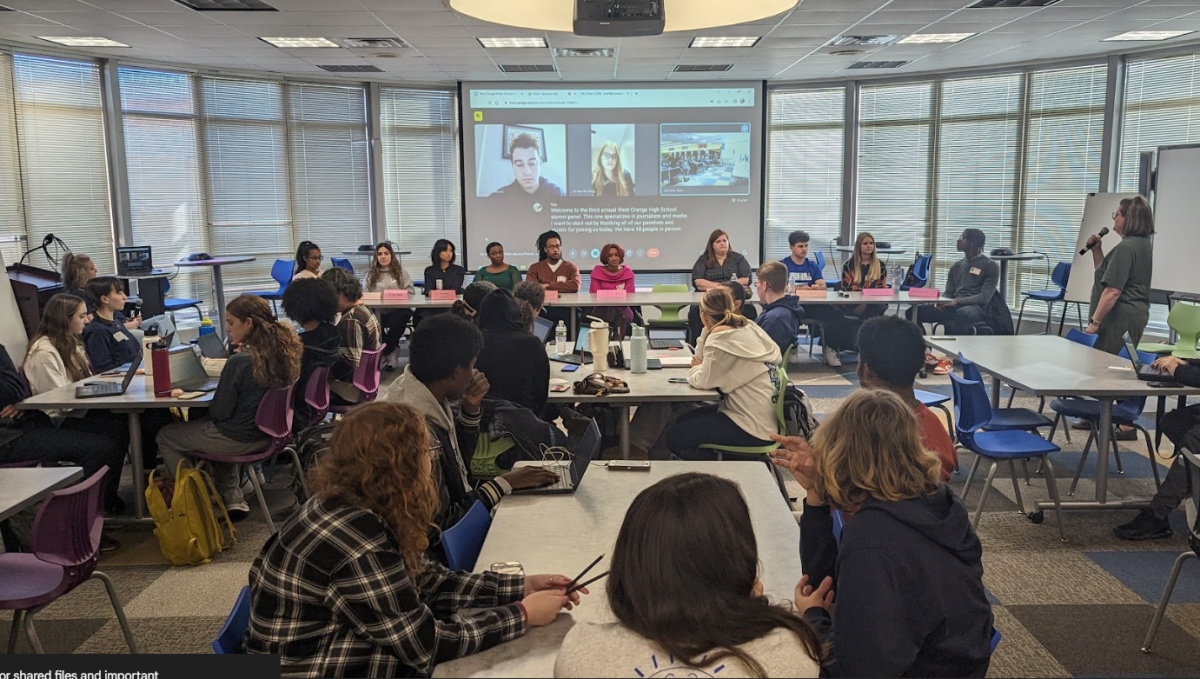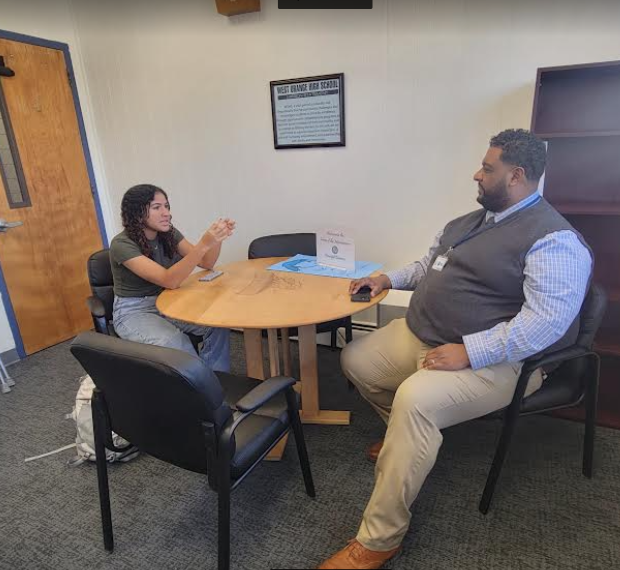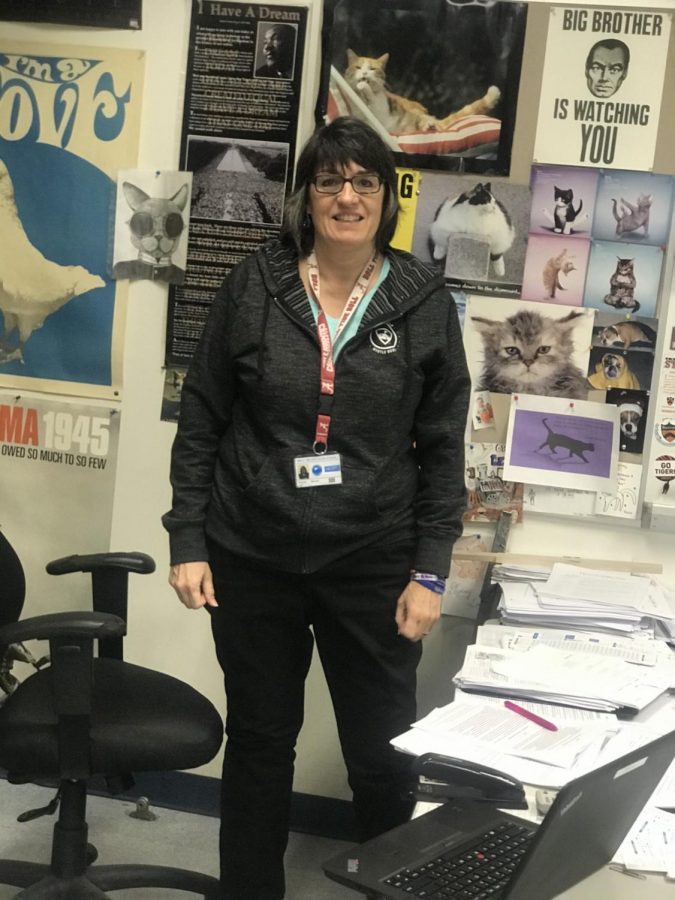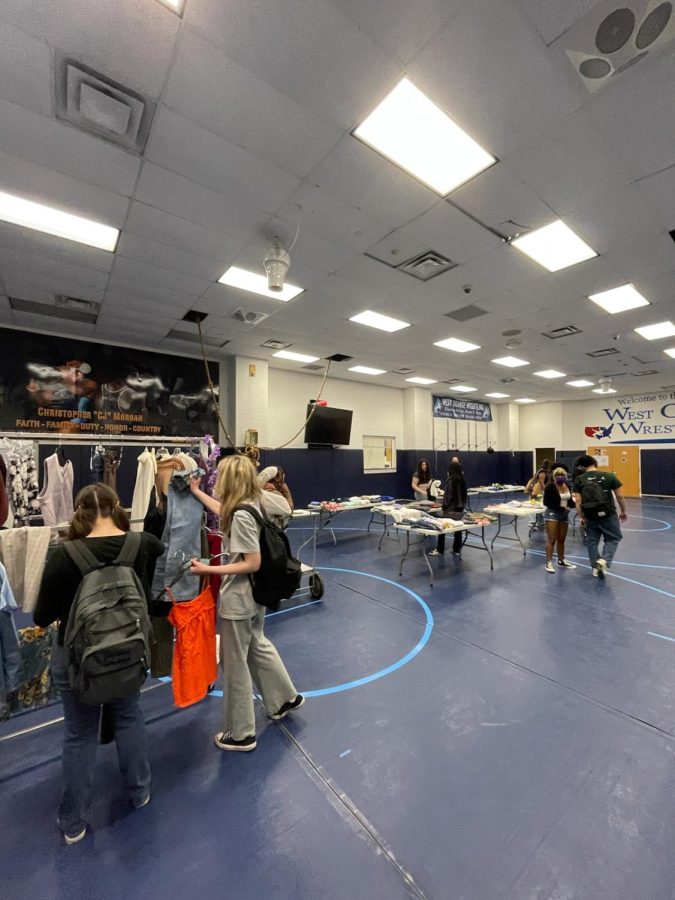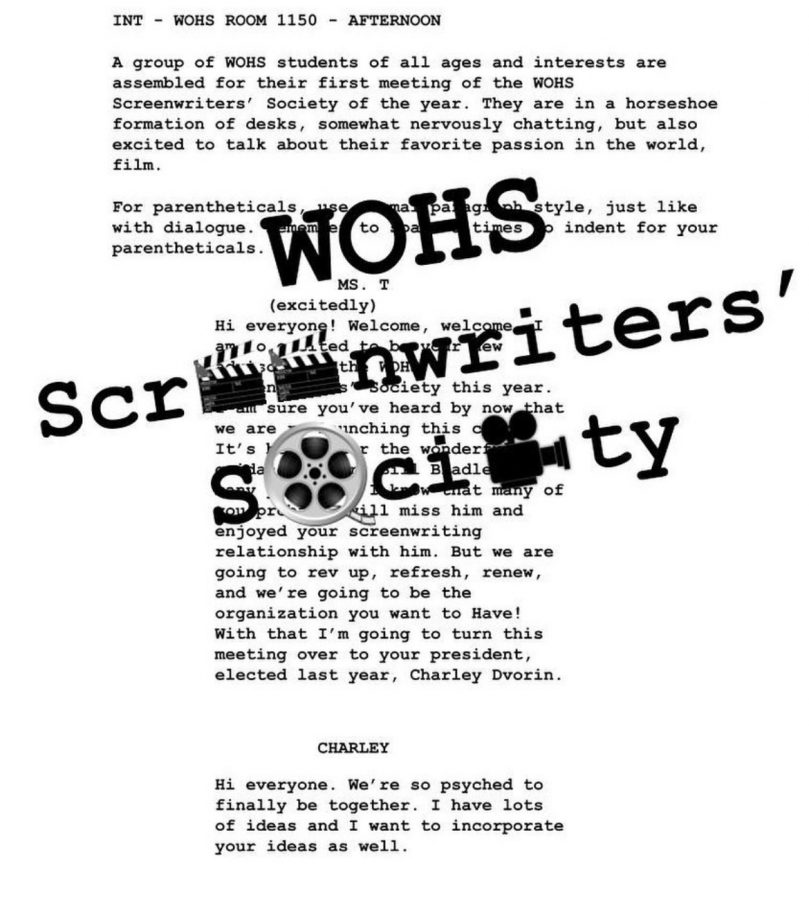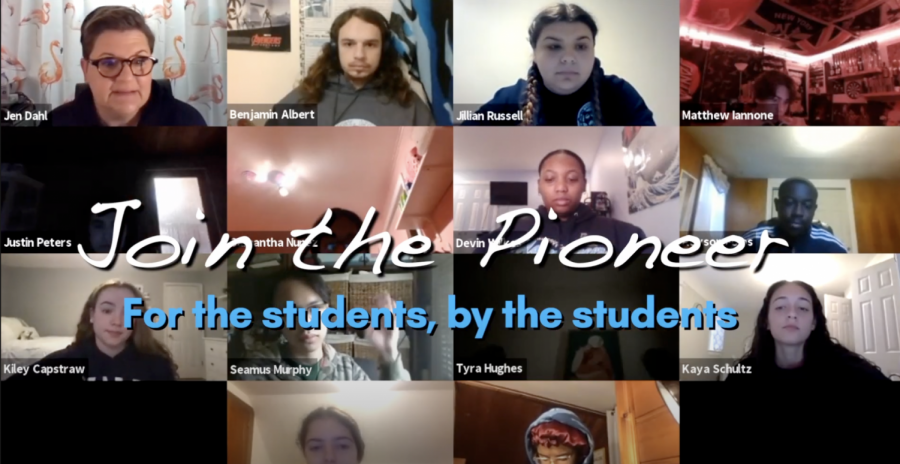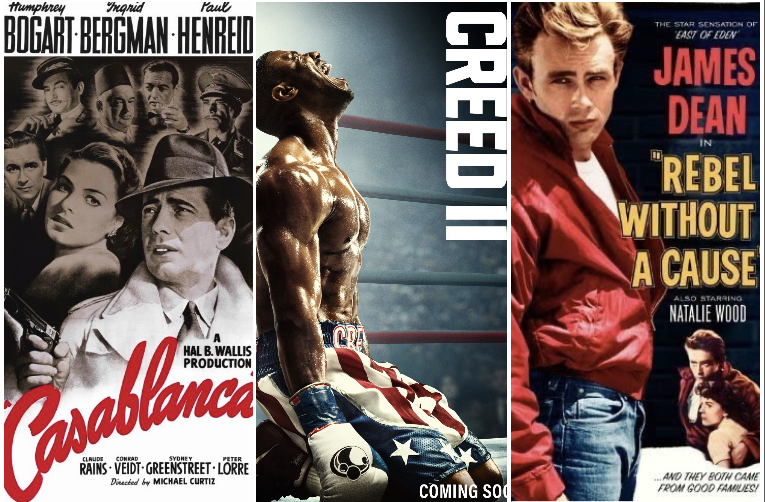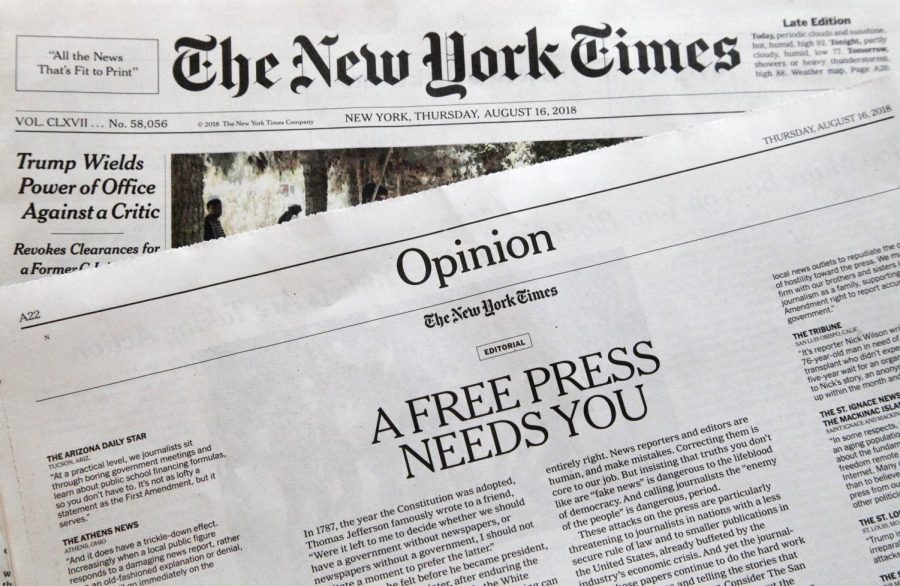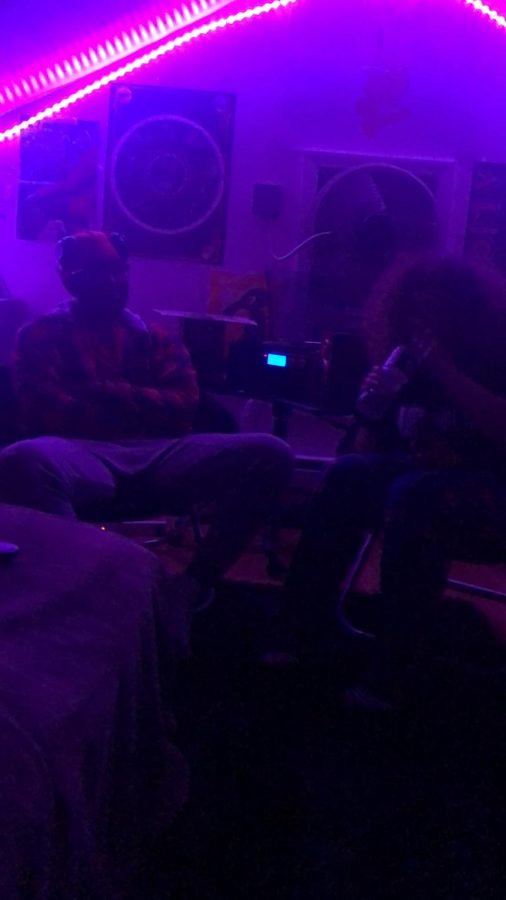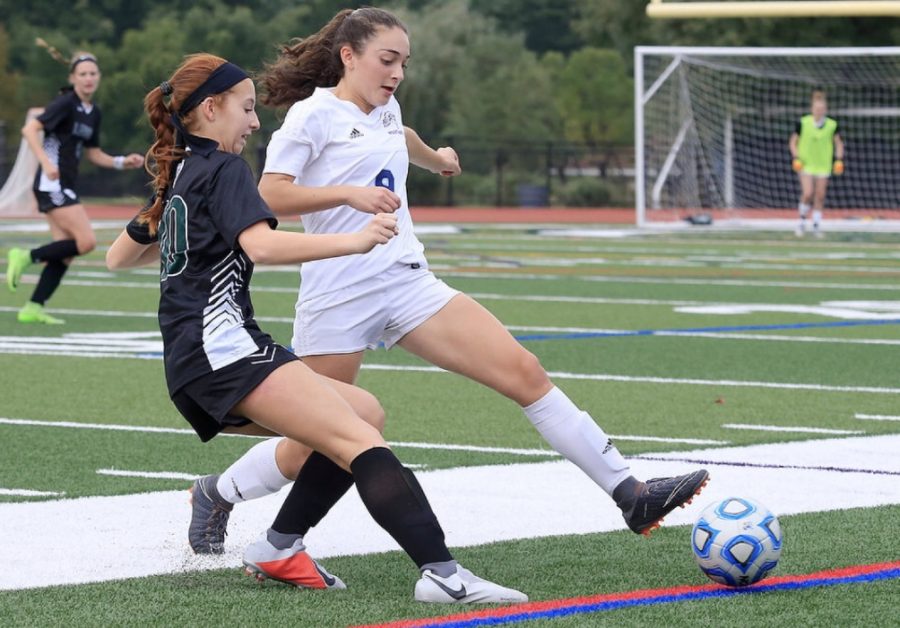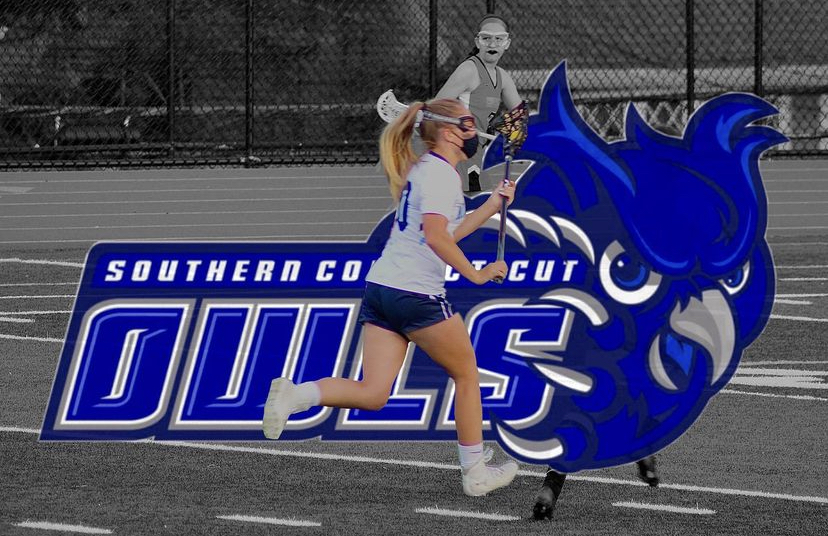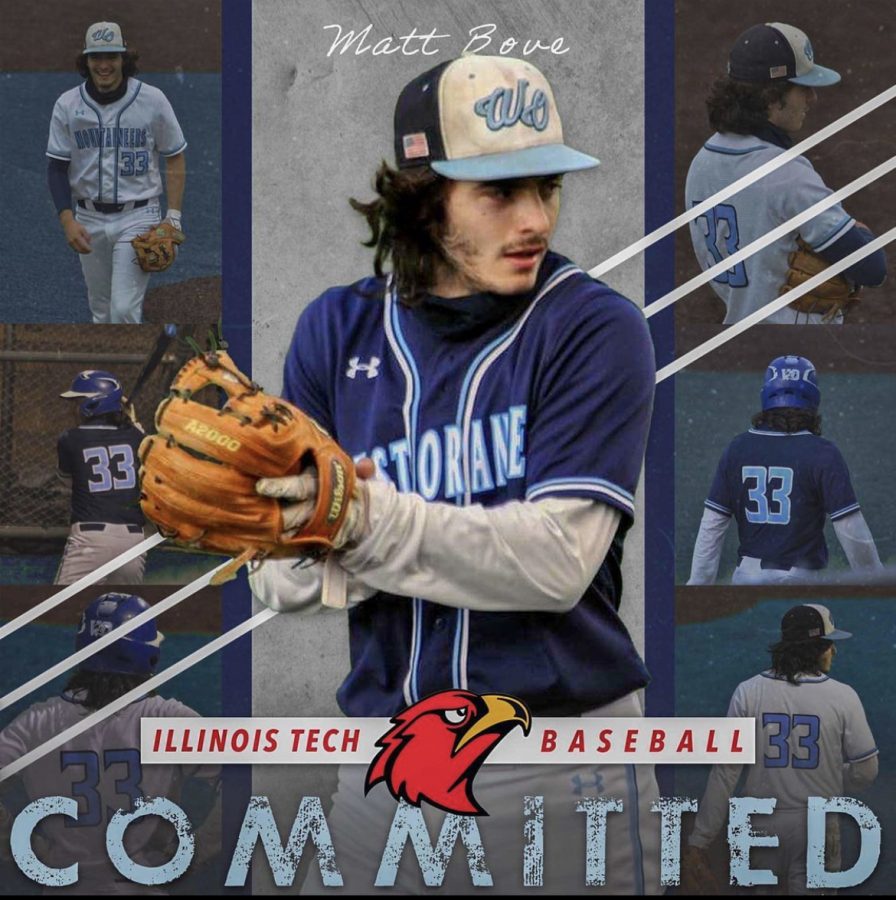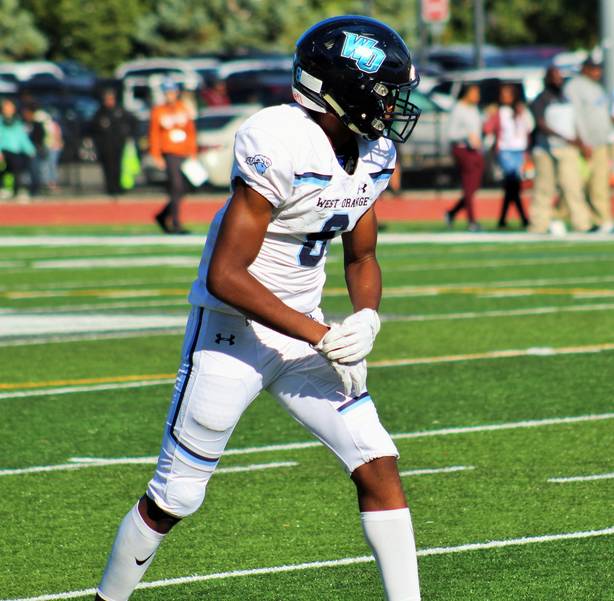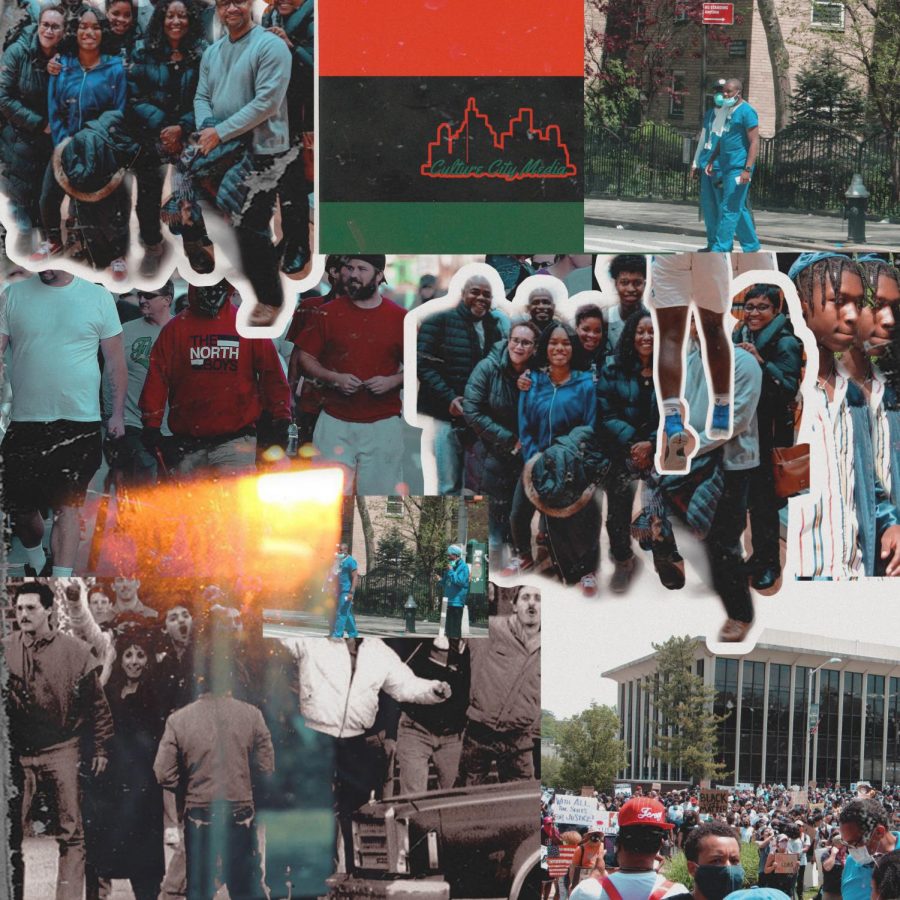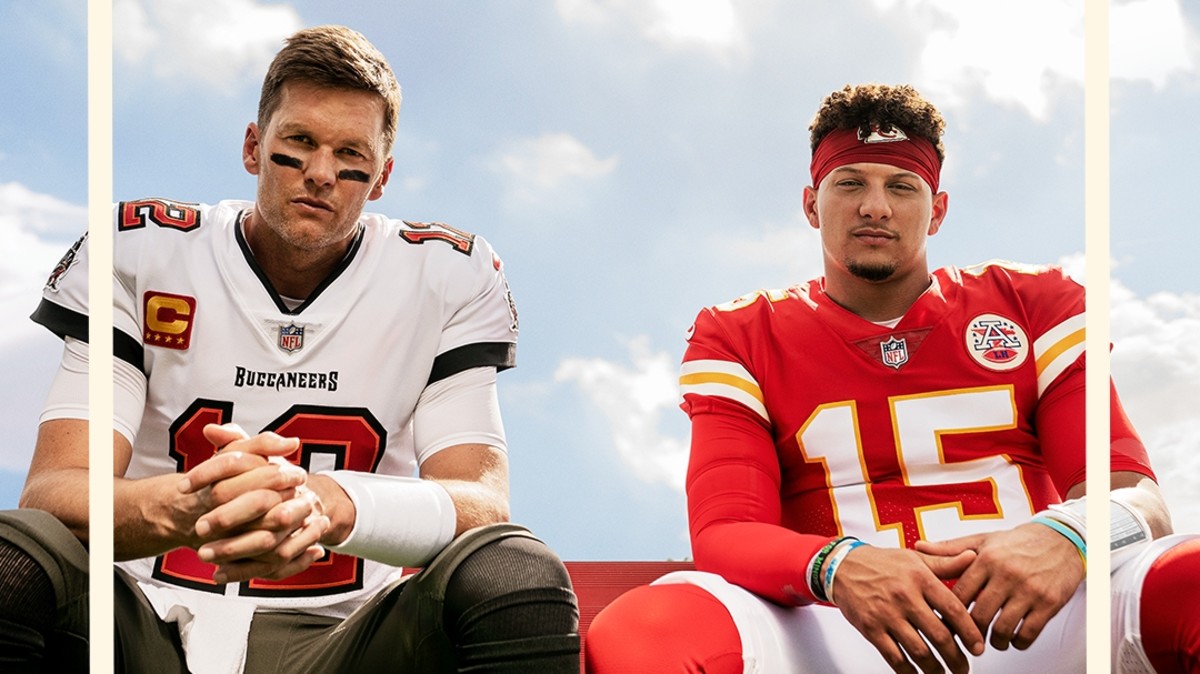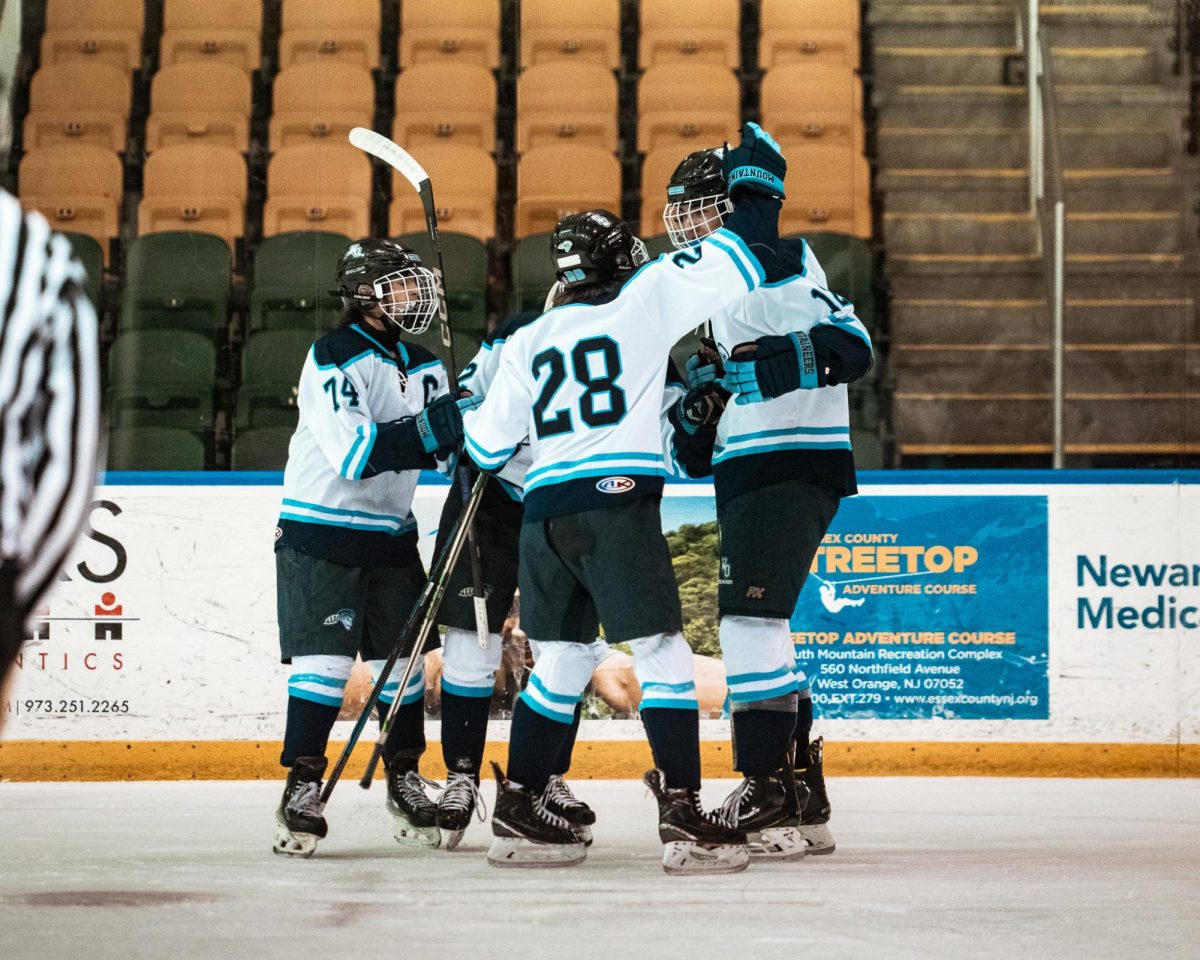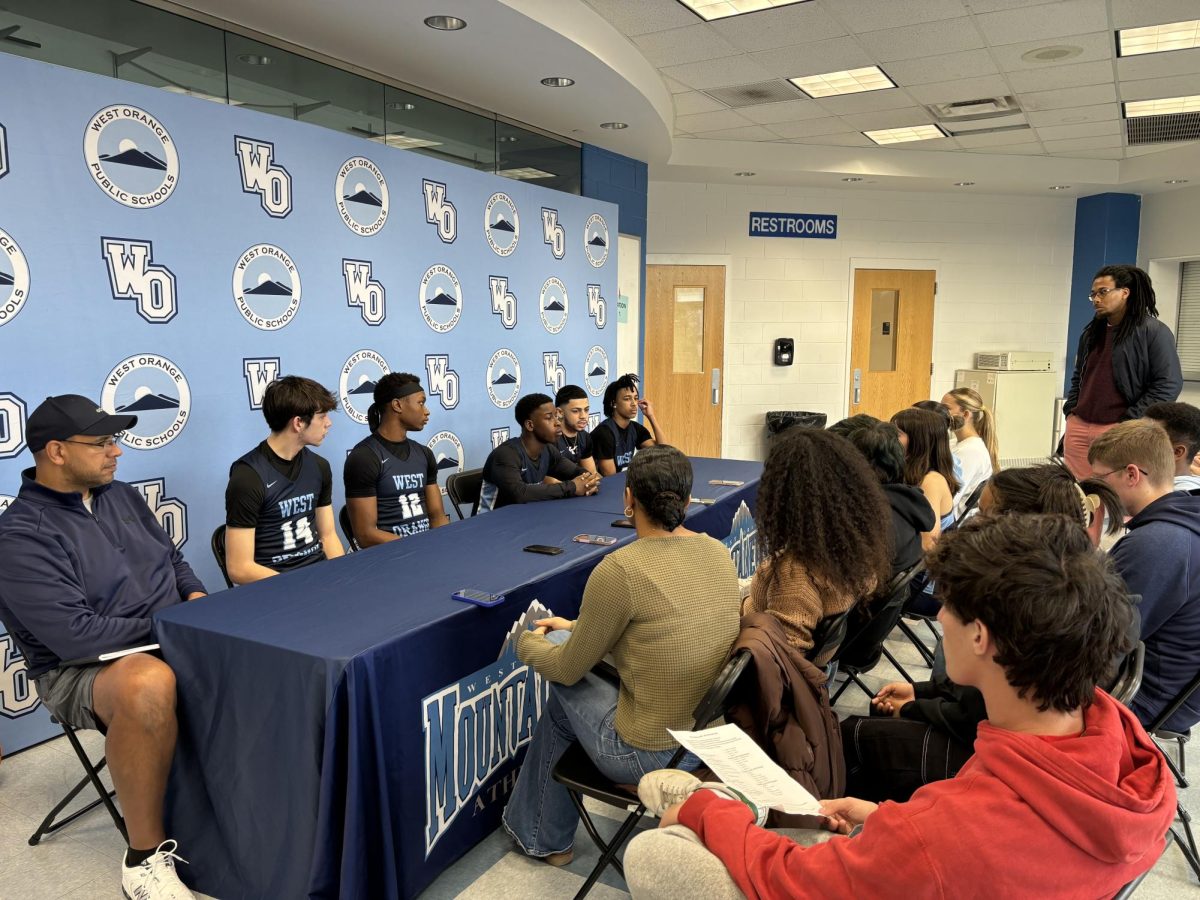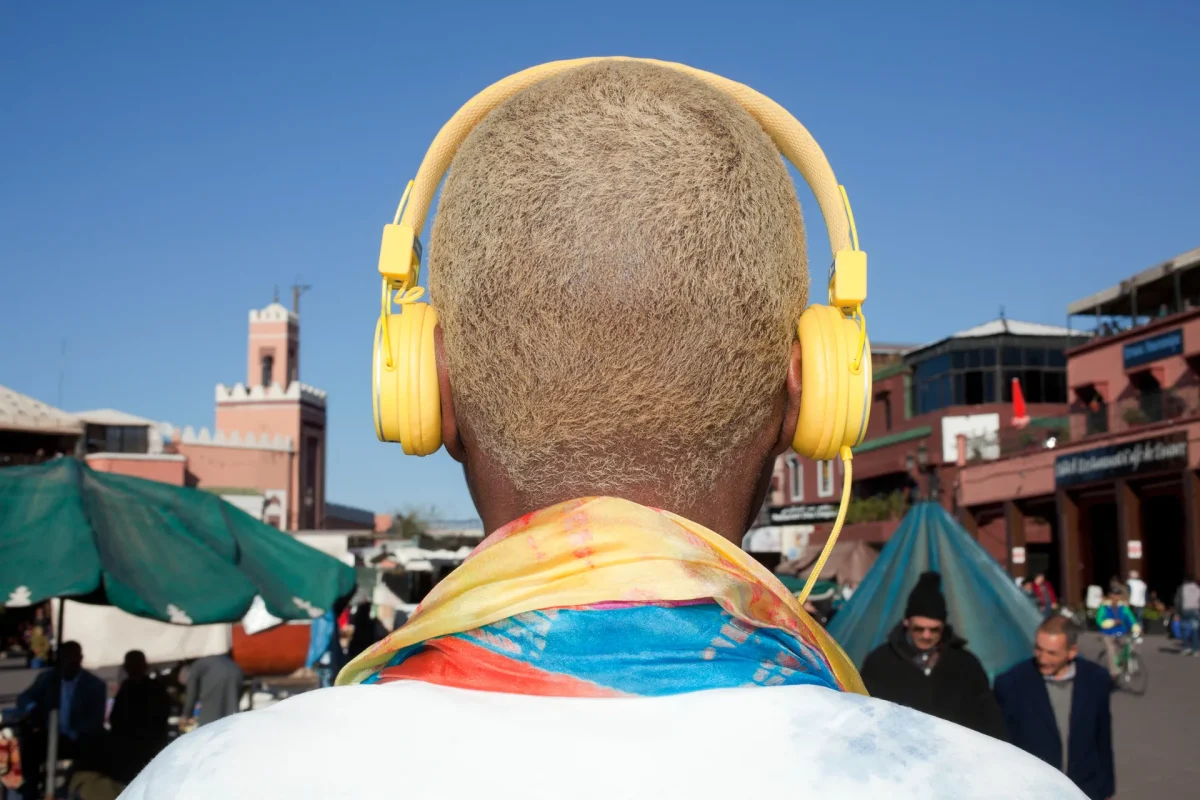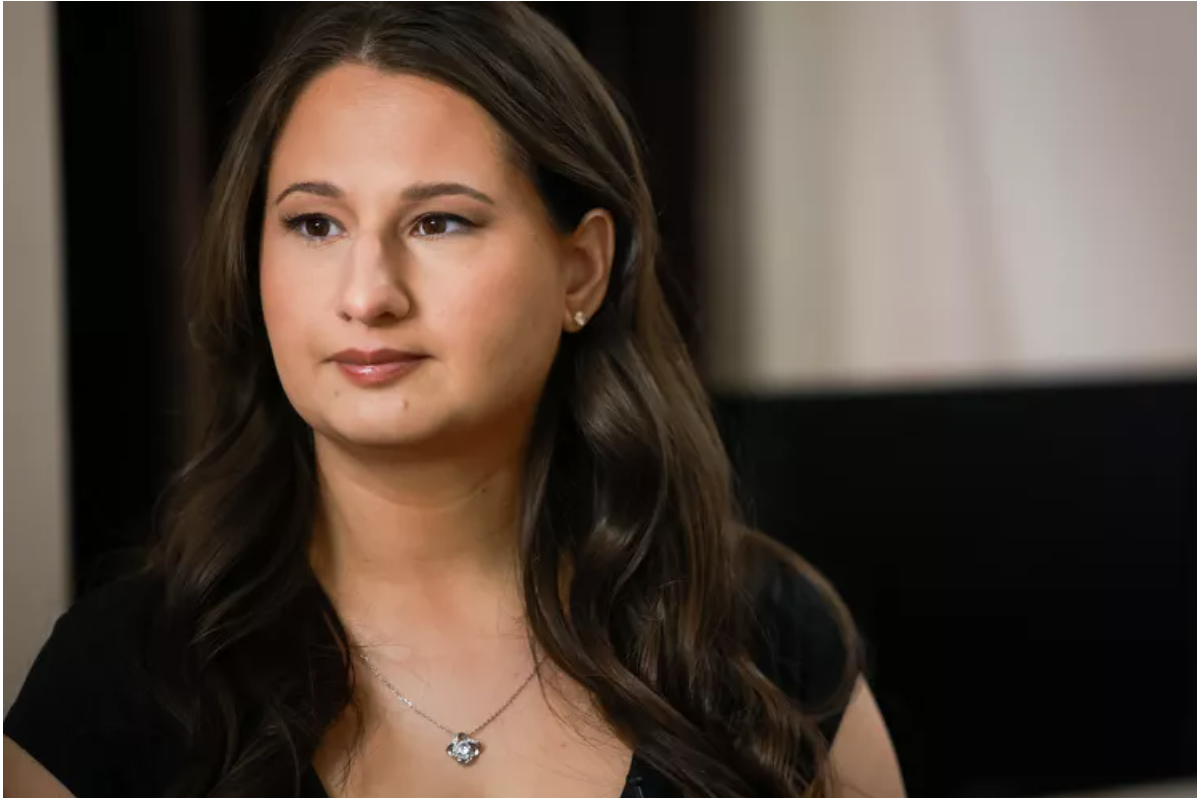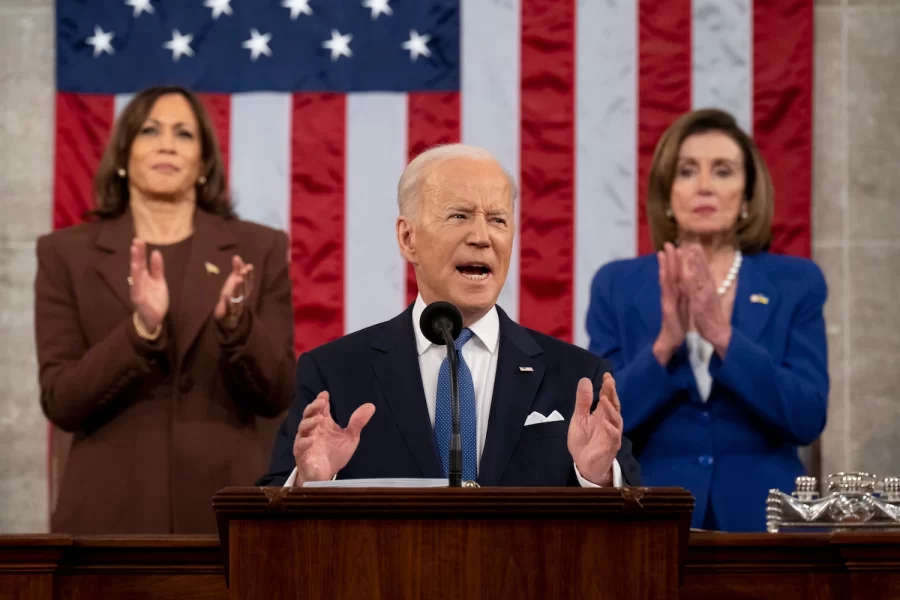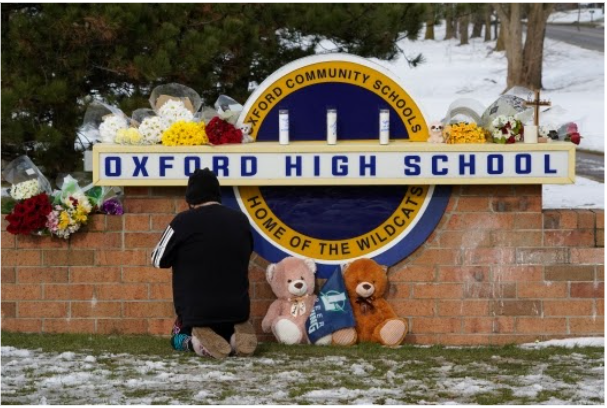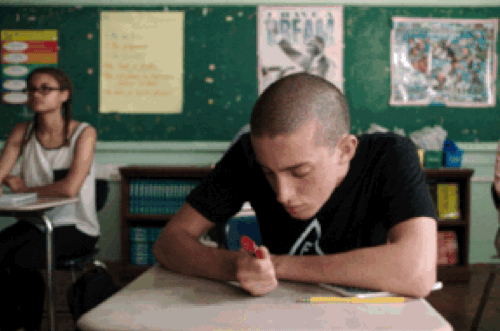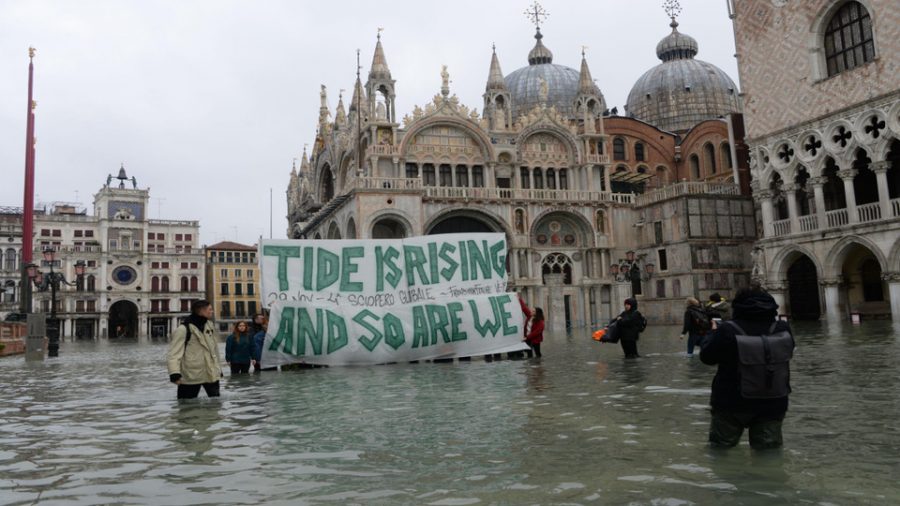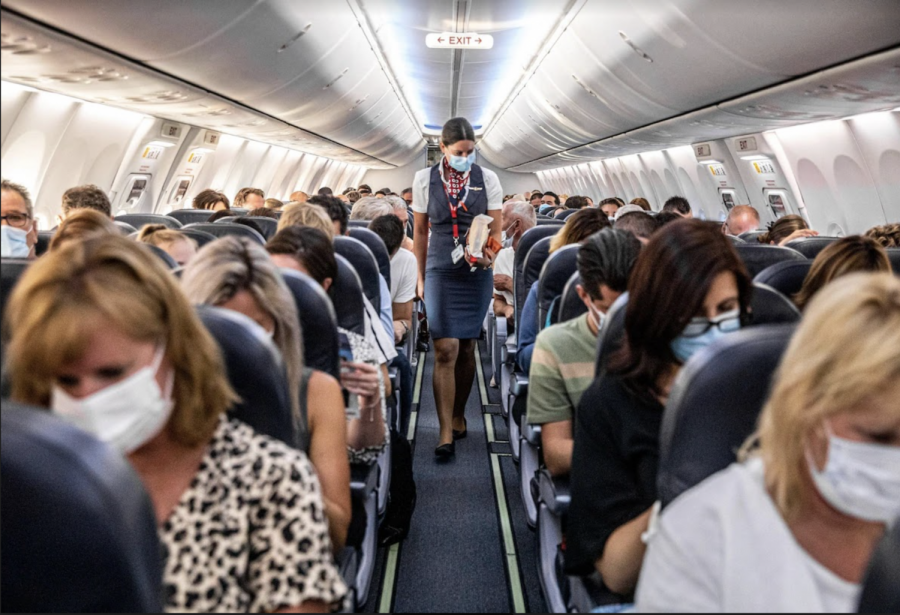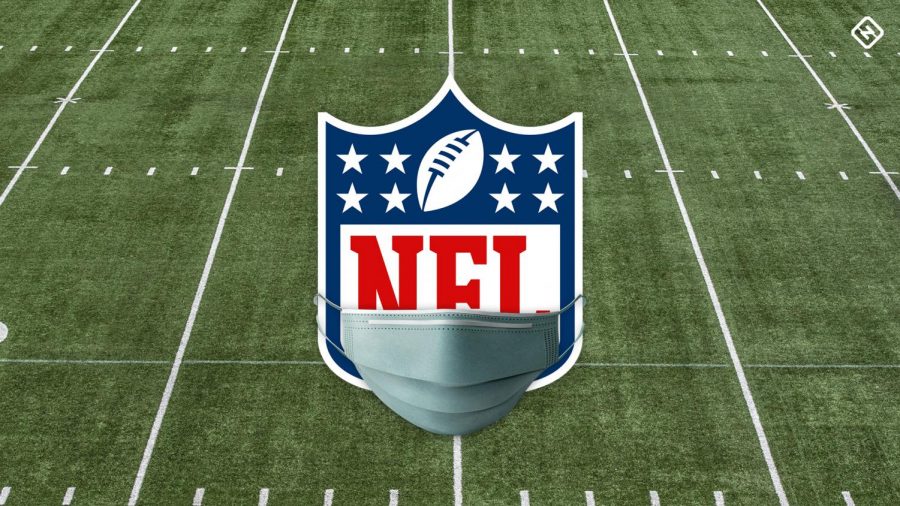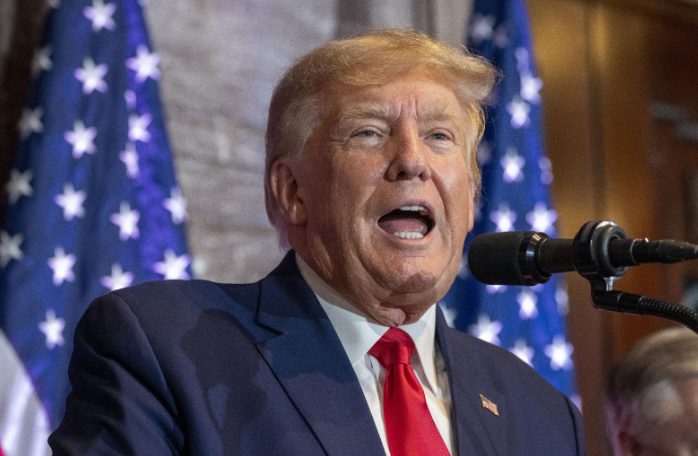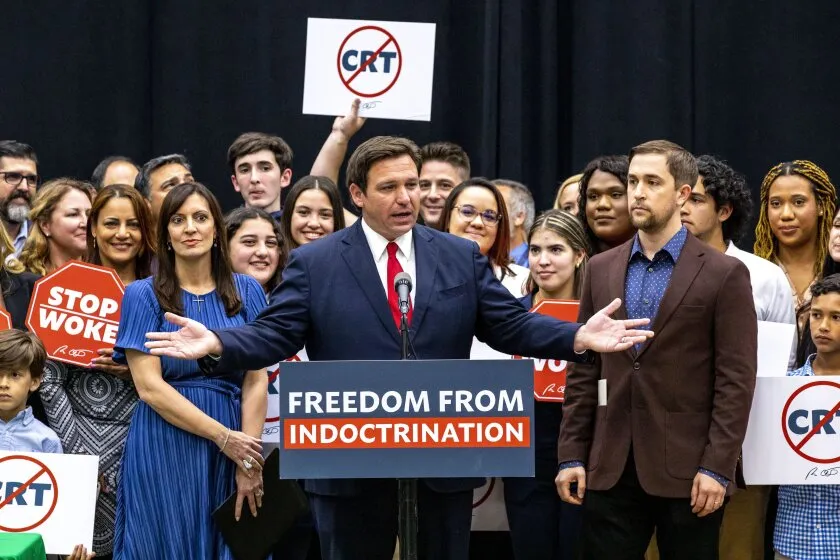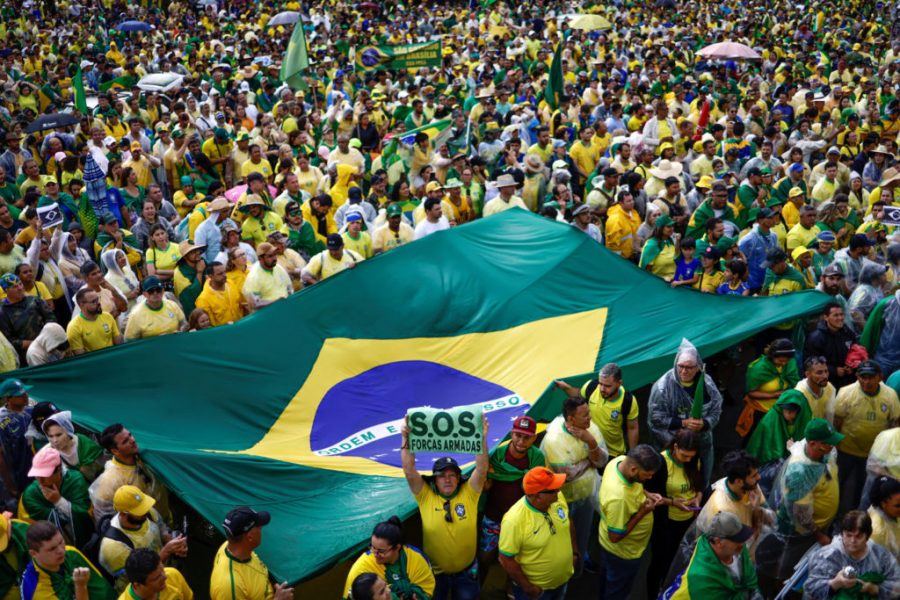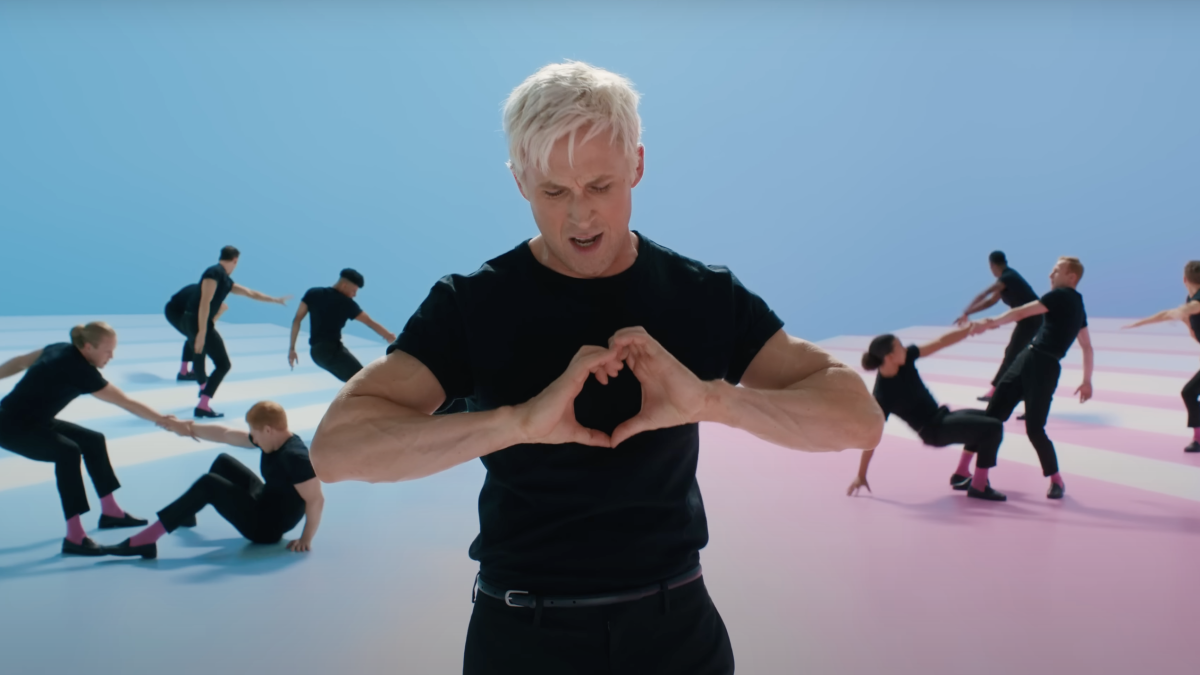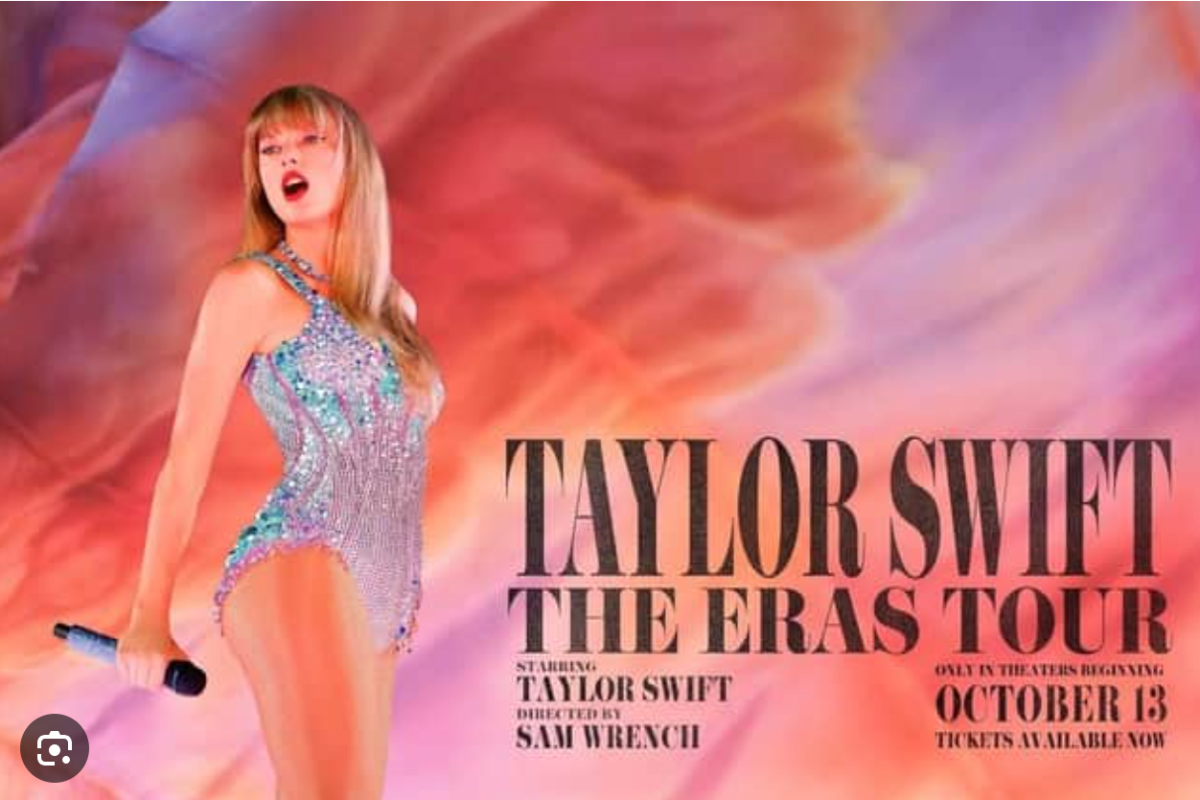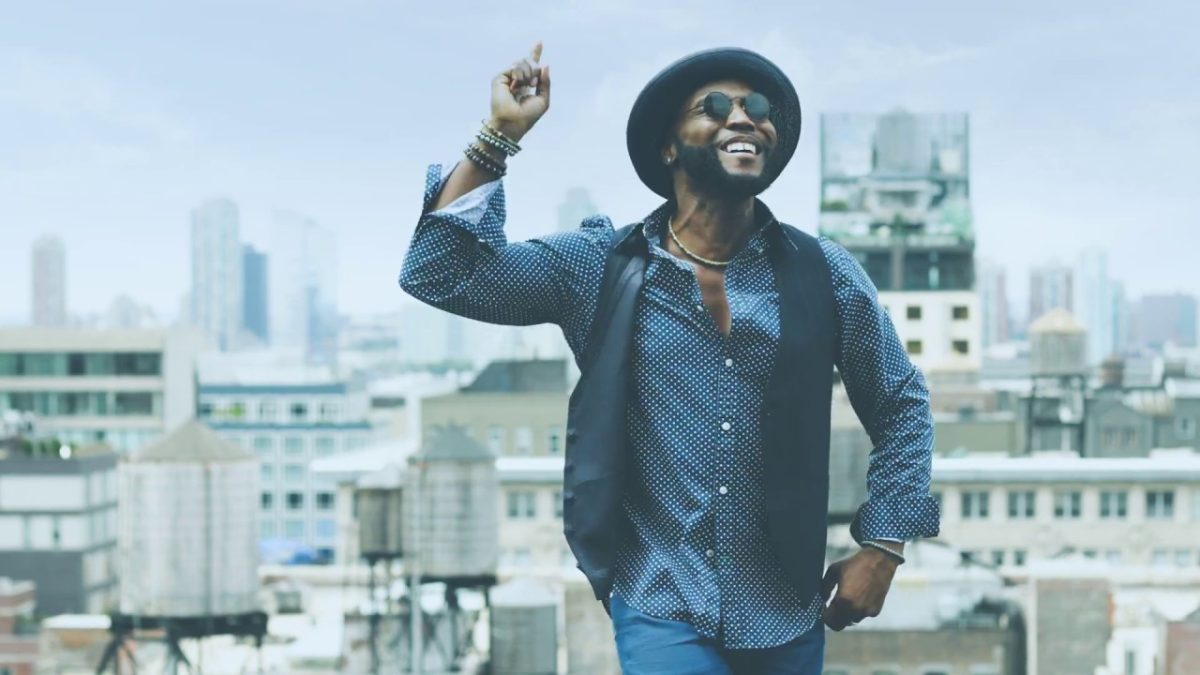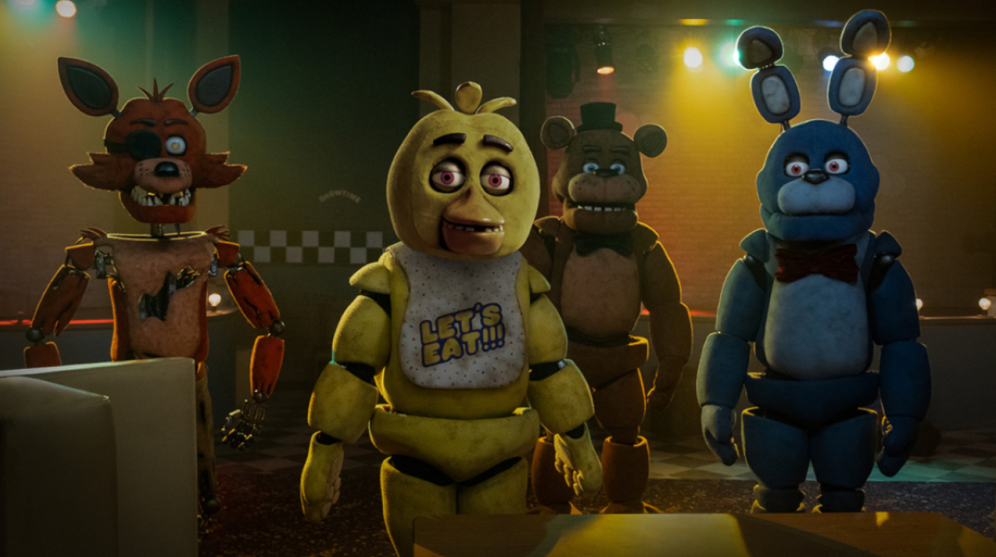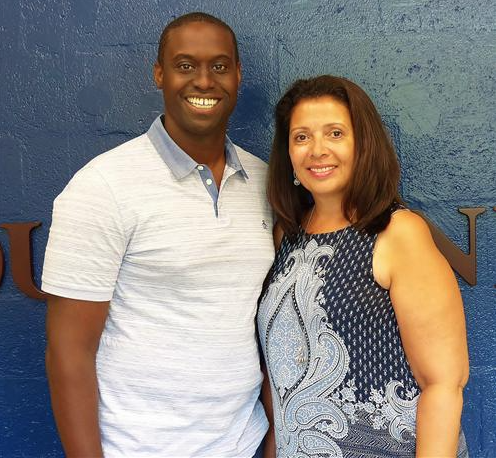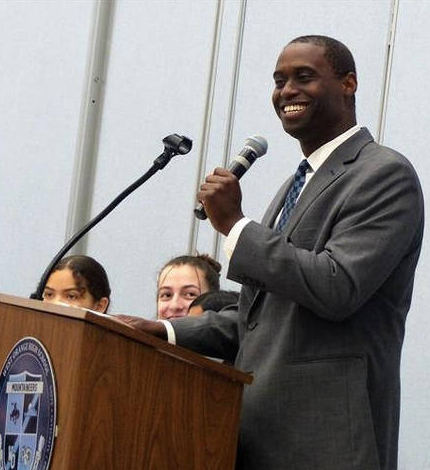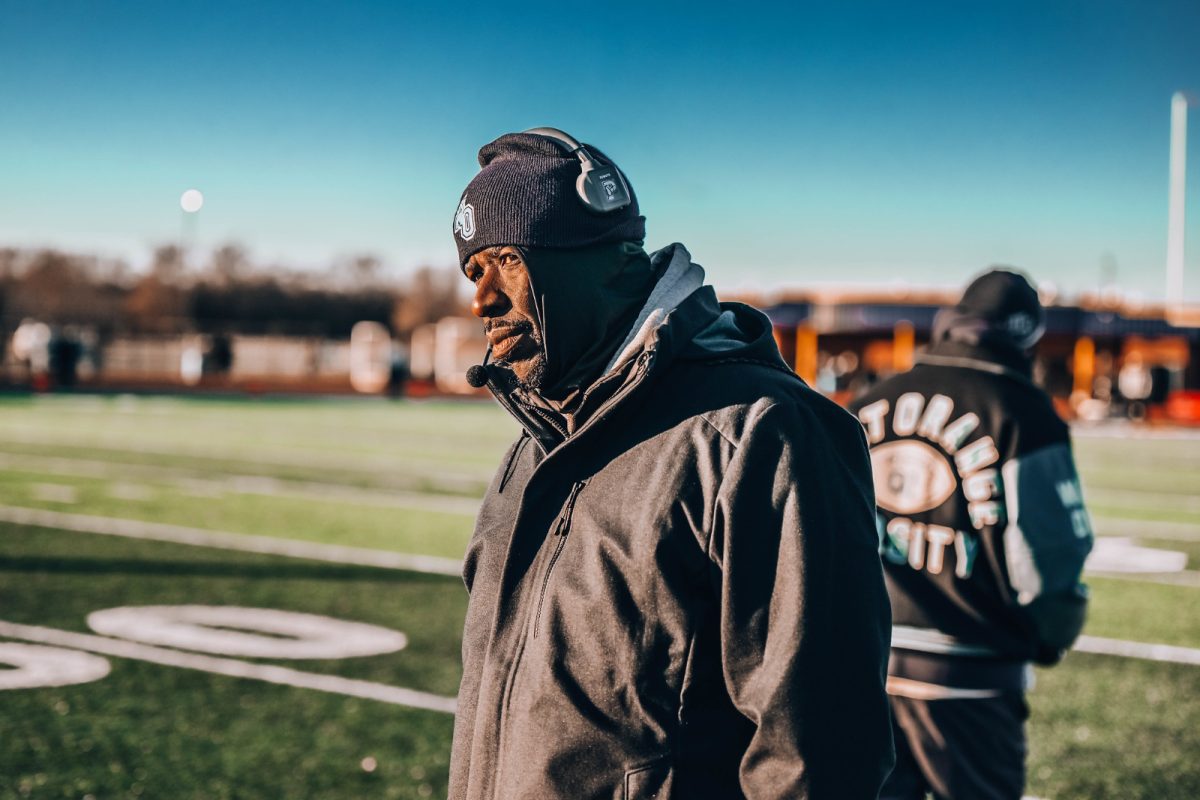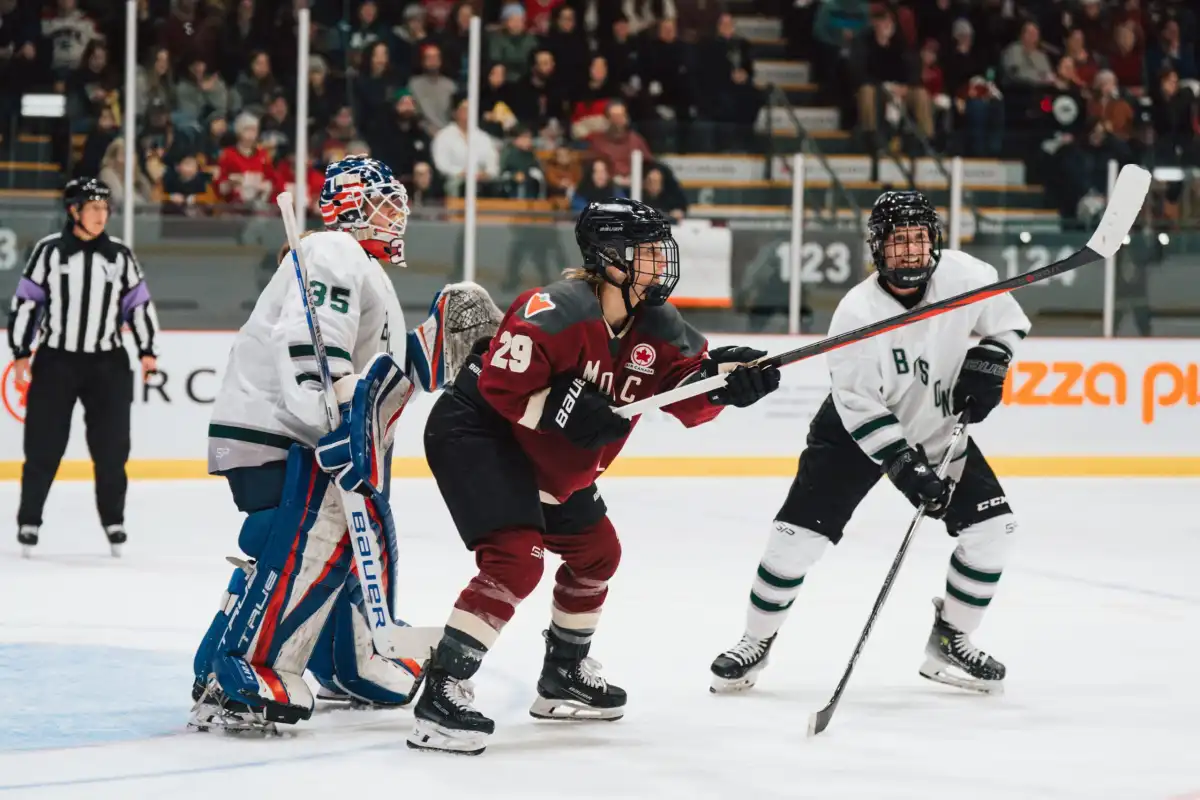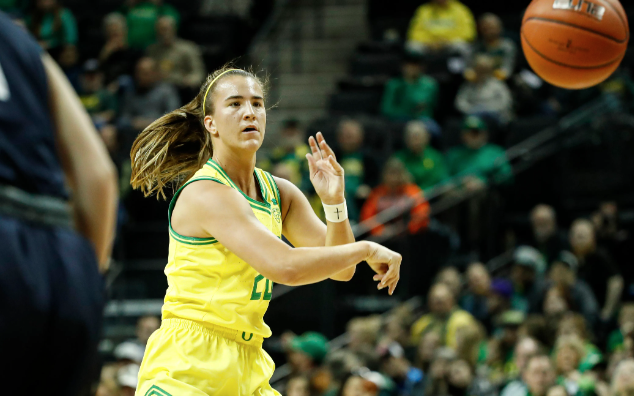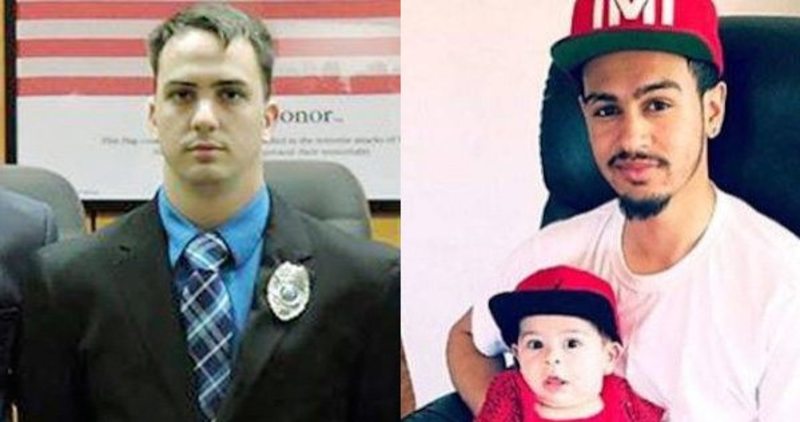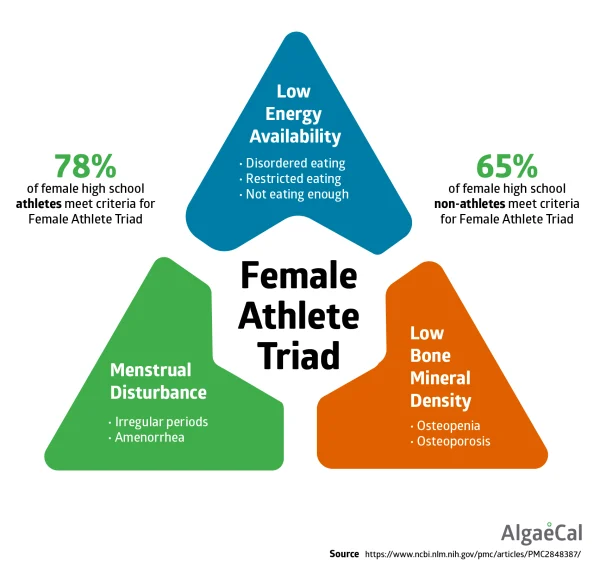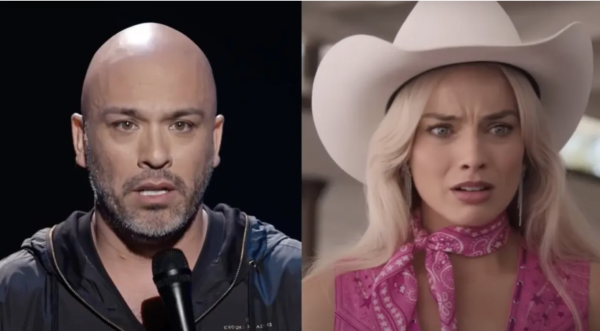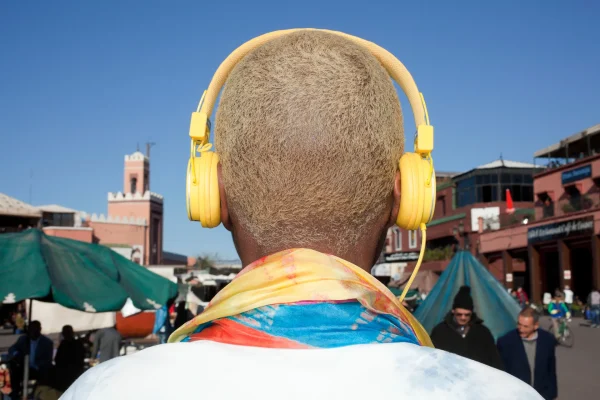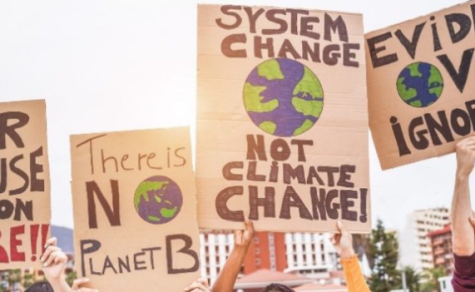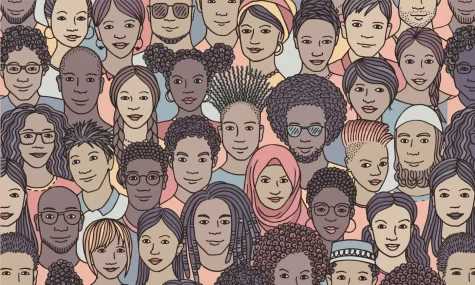What Went Wrong With the Suicide by Cop of Ronald Williams
His name was Ronald Dale Williams. He was a black man who on May 16, 2016 reached the all time low of his depression. After having a heated argument with the mother of his four month old son, Bethany Gilmer, and threatening to kill himself, he had soon unloaded his gun and stormed out of the house. He then waited outside in the driveway for the police to arrive and in a seeming cry for help, told the police officer to shoot him. As the stand off grew tense, two more police officers arrived and shouted at Williams to drop the gun as he teetered it from one police officer to the next. At 2:58, shots were fired and Williams was pronounced dead.
But what made Williams want to die so much that he begged for the police to shoot him? With the birth of his son, Williams found himself spiraling back into depression after seemingly “curing” his severe anxiety with antidepressant pills. Long days working in a home for mentally disabled people drew Williams farther away from his son and closer to the breaking point of his mental health. With less time spent with his son, many of Williams’ family members recall that he showed signs of depression, abused alcohol, and often got into heated arguments, including the one that ultimately led to his suicide.
That night, Williams was supposed to babysit his son, but when he finally arrived at Gilmer’s house around 2 am, his drunk and hostile behavior sparked up an argument between the two. Like many of their arguments, this one had begun with Williams’ doubt for Gilmer’s faithfulness in their relationship. In an attempt to tell Williams that their relationship was over, Gilmer recalls that she tried to have a civil conversation with him that night. But when Williams got violent and shoved her, Gilmer immediately dialed 911 as he grabbed his gun from his car. According to Gilmer, “he said he was going to go outside and wave the gun at police to make them shoot him because he wasn’t going to kill himself”
Just a week before his suicide, Gilmer had went to the police station to request an order of protection against Williams, but what could have been done to prevent this tragedy? Having shown signs of depression, perhaps in the moments leading up to his death, Gilmer could have gotten professional help for Williams instead trying to seek protection from him with the police. The suicide of Williams was directly caused by the stress and responsibilities of being a new parent, perhaps a break from his job would have helped him deal with his depression.
Either way, relationships ruined by the matter of mental health create a difficult situation for a person. It can be a heavy burden to take care of someone struggling with their mental health, as it can equally be emotionally draining. The possible emotional trauma of his suicide is what might explain why Gilmer had tried to end their relationship and even involved the police to begin with. But what really could have be done to prevent suicide by cop when in the moment, the only liable protection against the suicidal person is the police?
Suicide by cop is responsible for ⅓ of police shootings, and it has become less of an abnormality in society over the years. In spite of that, it is still a mystery as to how suicide by cop should be dealt with. How much of a threat is a suicidal person brandishing a gun, considering their inability to kill themselves, are they capable of killing to others? According to Suicide.org, suicide by cop endangers both the safety and emotional health of police officers as it forces them to make a painful choice. But regardless of the circumstances, the Weirton Police Department was at fault in some ways for their handling of the situation.
Miscommunication was a major factor of Williams’ death. That night, the officer who was called in, Stephen Mader, was newly recruited and went without backup to a suicidal man with a gun. He had no information on the fact that Williams’ gun was unloaded, and neither did the two other officers, Ryan Kuzma and Michael Baker, whom later arrived. When Williams pleaded to be shot, Mader froze and took no action, a choice that was later deemed dangerous and weak by the Weirton Police officials. After refusing to shoot, Mader said, “I don’t want to shoot you brother, just put the gun down.”, but things did not go the same with Kuzma.
The standoff occured for 9 minutes from the first 911 call to 3:00 am, all while Gilmer remained on the phone with the dispatcher. At 2:58 am, Kuzma fired the shots after shouting at Williams to drop the gun. With his first three shots missing, one bullet was fired into the grass, another hit a tree, the third bullet pierced the tire of a truck. The fourth bullet shot Williams behind and above his right ear and the left side of his forehead. By the time the police saw that there were no bullets in the gun, Williams gasped his last breaths and died in the driveway at 3am.
Surprisingly, Kuzma was not fired for his actions, but Mader, the officer who chose not to shoot Williams, was fired. What Mader saw that night was a mentally ill man that was desperate to die, but because he didn’t fire his gun, he was labeled as a coward. Unlike Kuzma, who acted aggressively toward Williams and shouted at him to put his gone down, Mader had a more sympathetic approach. Despite his lack of training on dealing with suicide by cop, Mader tried his best to “talk to him like a guy who was in a wrong state of mind, who needed to be calmed down and who needed help”
In a time where police brutality has become so common in our society, it’s not surprising to hear that a police officer who chose to use some sort of restraint on a black man with a gun was penalized. There are black men being killed all the time by policemen and some of them are still policemen even after their actions. Since so many policemen to not face the liable consequences for their killing of innocent lives, Mader should not have been penalized.
Perhaps training police officers to act more sympathetic to the distress and struggles of the suicidal person in situations of possible suicide by cop could prevent deaths, like the one of Williams. In an interview with Propublica, Mader said “I didn’t want to shoot him, I was kind of sacrificing my well-being for him. I’m wasn’t going to shoot this kid for my well-being. I’m was going to wait to see more from him.”
